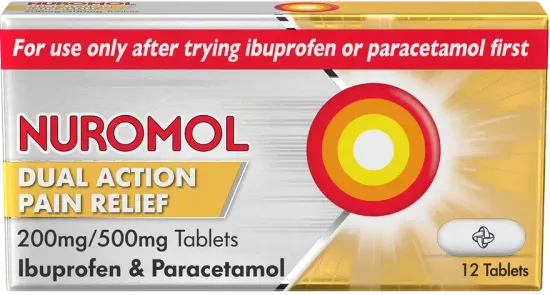Cold and Flu Relief this Winter
With winter comes an increased risk of colds and flu, but by following some self-care tips, you can manage cold and flu season more comfortably.
From supporting your immune system against flu to managing symptoms effectively, here’s a simple guide to help lower the likelihood of getting colds and flu, reduce symptoms, and help you know when to seek help:
In this article:
Cold and Flu Reduction Tips
Wash your hands regularly
Frequent handwashing will help protect you from germs and can help stop viruses from spreading. Throughout the day, we touch surfaces that can harbour germs, which can transfer to our bodies when we touch our faces.
Wash your hands with warm water and soap for at least 20 seconds, scrubbing thoroughly between fingers, under nails, and on the backs of hands.
When soap and water aren’t available, use a hand sanitiser with at least 60% alcohol.
Maintain a healthy lifestyle
A strong immune system helps fend off winter illnesses. A balanced diet, regular exercise, and adequate sleep will help contribute to your immune health.
Nutrition
Aim for a balanced diet rich in fruits and vegetables. Micronutrients like zinc, magnesium, iron, folic acid and vitamins A, B6, C and E, support immune health and can be found in most foods in a balanced diet. Incorporate more fruits and vegetables into your diet for a healthy lifestyle.
Exercise
Physical activity can contribute to a healthy immune system, and therefore promotes overall health. Aim for at least 150 minutes of moderate exercise weekly.
Sleep
Adults should aim for a minimum of 7 hours of sleep per night to support immune function. Adequate rest is crucial, as insufficient sleep can weaken the body’s defences.
Consider flu vaccination
An annual flu vaccine provides significant immune support during winter by reducing the risk of illness. It's especially recommended for high-risk individuals like young children, the elderly, and those with chronic health conditions. Consult your healthcare provider to see if flu vaccination is right for you.
Relieving Cold & Flu Symptoms
If you start experiencing symptoms, several remedies can help reduce cold and flu symptoms and make you more comfortable.
Stay hydrated and rest
Drinking plenty of fluids is essential when fighting an infection, as it helps loosen mucus making it easier to cough out. Rest is equally important when trying to treat your symptoms at home.
Gargle with salt water
If a sore throat accompanies your cold or flu, gargling with warm salt water can provide temporary soothing relief. Saltwater gargles may help to ease discomfort, but should not be tried by children. Dissolve half a teaspoon of salt in warm water and gargle as often as you’d like.
Consider using a humidifier
Dry indoor air can aggravate symptoms like nasal congestion. Using a humidifier adds moisture to the air, which may help ease respiratory discomfort and reduce sinus irritation and help break up mucus. Be sure to clean your humidifier regularly to reduce bacterial growth.
Use over-the-counter medications
Paracetamol or ibuprofen (such as Nurofen Cold and Flu Relief 200mg Tablets) can help ease cold and flu symptoms. Nurofen Cold and Flu Relief Tablets are a combination product, containing ibuprofen and phenylephrine hydrochloride which helps relieve aches and pains, headache, fever, sore throat, blocked nose and sinuses.
Always follow usage directions and consult with a healthcare provider if unsure. Some cough and cold medicines may contain paracetamol or ibuprofen, so it's crucial to check the ingredients and dosage to avoid accidental overdosing, especially when using multiple medicines containing these ingredients.
When to See Your Doctor
While most cold and flu symptoms improve within a week or two, there are times when it’s best to seek medical attention. If you experience persistent high fever lasting longer than three days, shortness of breath, chest pain, or symptoms that worsen after initially improving, consult your doctor. Individuals at high risk, including young children, the elderly, and those with chronic health conditions, should also seek guidance from a healthcare professional.
This article is for general information only and not intended as a substitute for medical advice. All information presented on these web pages is not meant to diagnose or prescribe. In all health-related matters, always consult your healthcare professional.
RT-M-s4EENF




